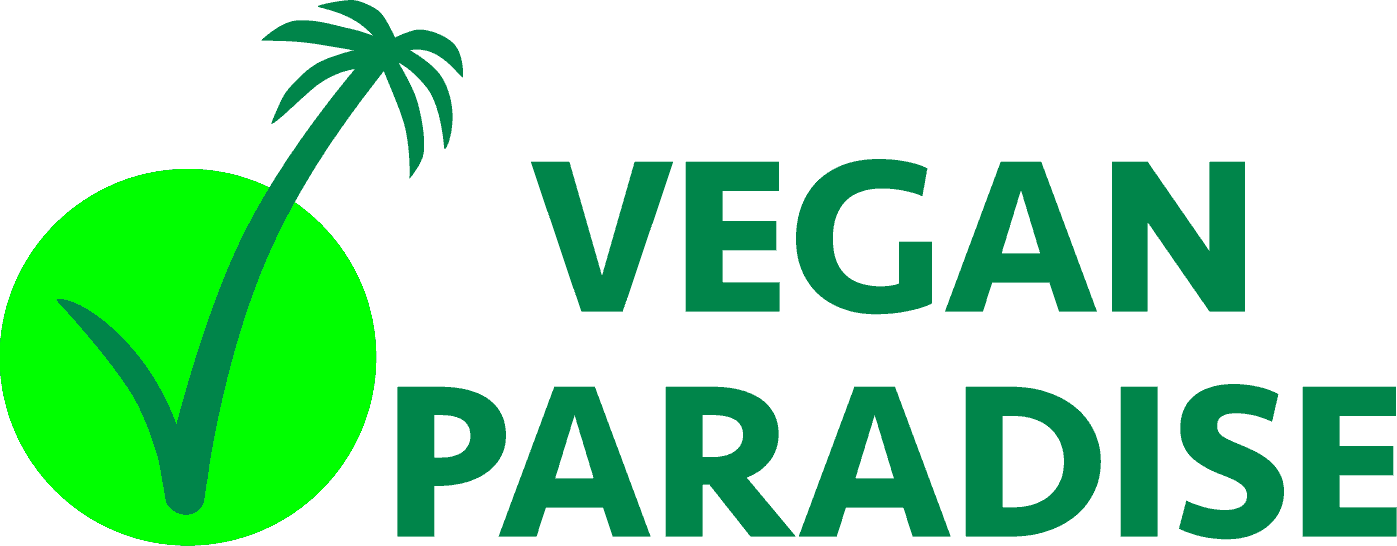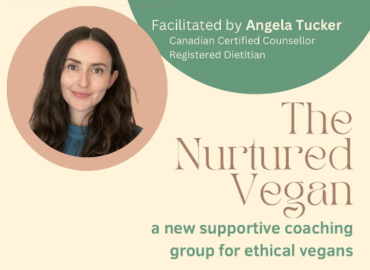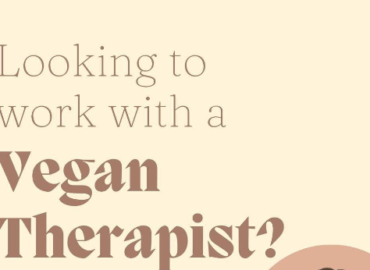Angela Tucker
Nurture to Nourish Counselling
Vegan Psychotherapist and Dietitian
Trauma Informed
Many people are impacted by trauma, affecting their experience in the world, in relationships, and with food.
Non-Diet & Intuitive Eating
Many people believe the road to eating well means meal plans and food lists. The non-diet and intuitive eating approaches are different as they help you work with your body’s cues, rather than trying to stick to outside rules on “how to eat”.
Inclusive Care
People of all shapes, sizes, skin colours, races, cultures, gender identities and sexual orientations are deserving of compassionate and inclusive care.
Virtual Appointments
Attend your appointments from the comfort of your home through a secure video call.
About me
Angela Tucker, CCC, RD
I became a dietitian because I was interested in food and healthy eating. But the truth is, before becoming a dietitian my interest in food was often quite unhealthy. I thought healthy eating meant following a set of food rules and avoiding certain “bad” foods. Often in favour of more diet-y foods, which were much less satisfying.
Interestingly, becoming a dietitian helped me realize food is about so much more than energy and nutrients, and it does not exist for us to modify our bodies!
Food is love. Food is joy. Food is comfort, in addition to nourishment.
After helping people as a dietitian for a few years, I realized I wanted to be able to go deeper into the emotional parts of food and eating. This is when I started working toward becoming a psychotherapist. Through this journey I also learned about the impacts of trauma on things like our relationship with food and our bodies, gut health, and chronic disease (such as type 2 diabetes and heart disease).
Another important part of my work involves exploring how trauma and mental health might be affecting a person’s experience with food and eating. Often we use food as a way to regulate our emotions and help us feel more balanced, which can bring up feelings of guilt and shame.
I am passionate about helping people struggling with disordered eating, binge eating, emotional eating, and trauma, so they can deeply heal their relationship with food and learn to trust themselves.
Interested in learning more about how you can work with me?
Service offerings
Psychotherapy and Counselling
Many people benefit from therapy at different times of their lives, such as life transitions, grief, and dealing anxiety and depression.
Some of my areas of practice include:
- Binge eating
- Trauma healing
- Burnout and compassion fatigue
- Core shame
- Anxiety
- Depression
Nutrition and Body Image Support
Most people think of nutrition support as meal plans and food lists. The type of nutrition work I do with clients is much deeper.
- Disordered eating
- Emotional eating
- Healing relationship with food
- Body peace
- Veganism and plant-based eating
- Wondering about Insurance Coverage?
Each session is 60 minutes in length. Services might involve counselling, nutrition, or a mix of the two, based on your needs.
The best way to find out if my services will be covered by your insurance is to check with your health insurance provider (i.e., Blue Cross, Great West Life, etc.) and ask whether they cover the costs of nutrition services from a Registered Dietitian, and/or counselling from a Canadian Certified Counsellor.
Please note, some insurance providers will only cover counselling provided by a psychologist or social worker, and I am neither of those.
If you are planning on using your health insurance benefits, be sure to also check if you need a referral from your primary care provider (i.e., physician, nurse practitioner).
I don’t offer direct billing at this time, but after payment I will provide a receipt for each session for you to submit for reimbursement.



